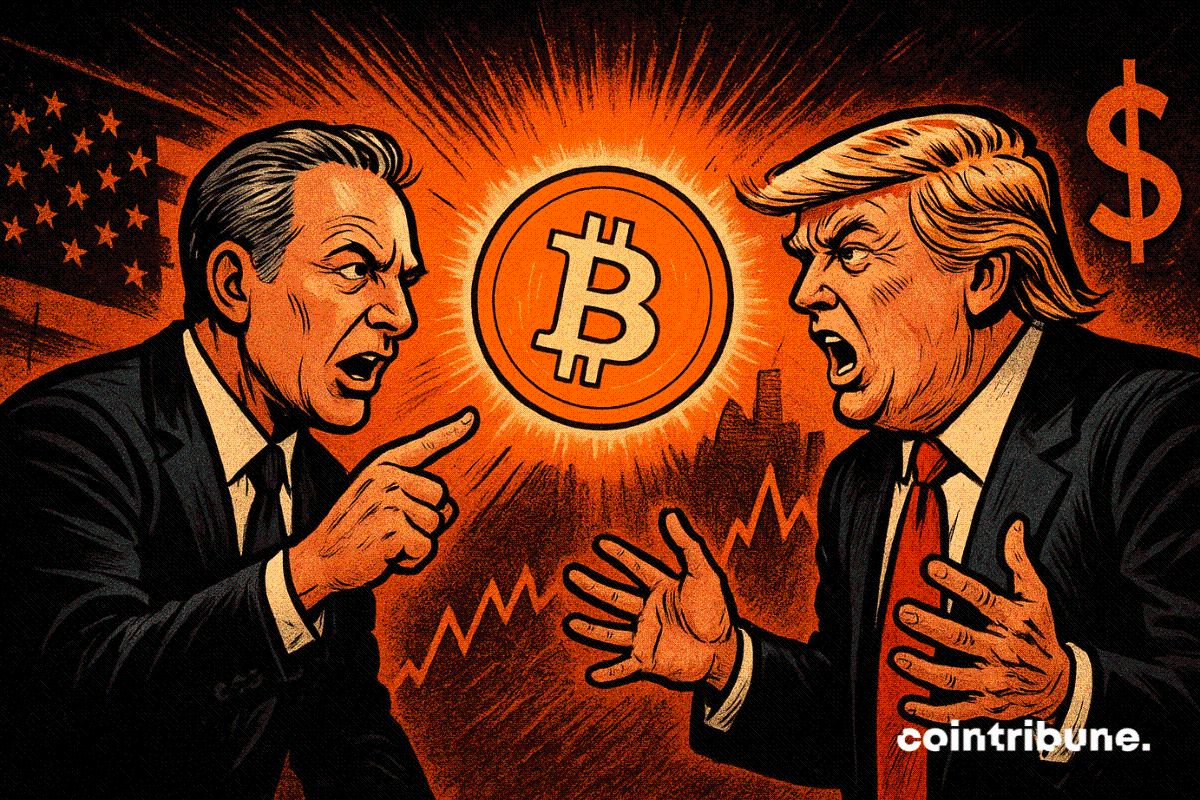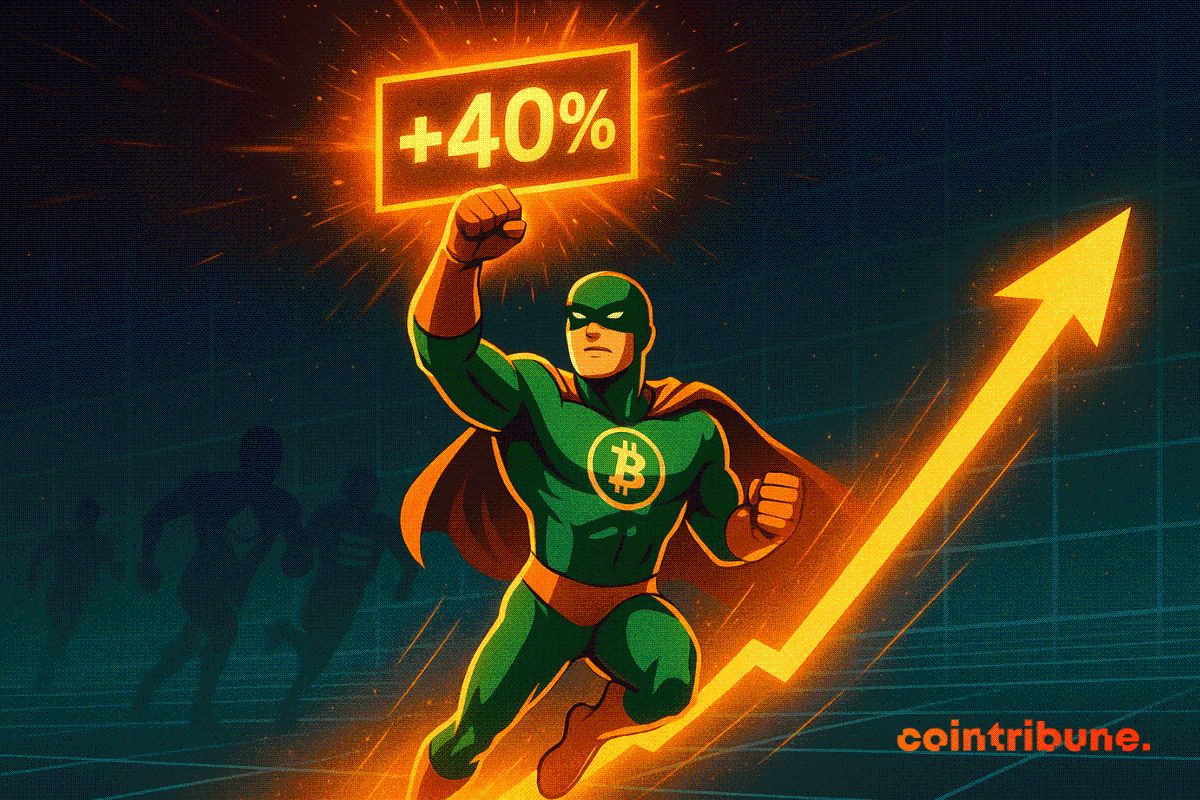Solana Price: Assessing the Long-Term Value Implications of Geopolitical Tech Governance Shifts in AI and Digital Infrastructure
In 2025, Solana (SOL) stands at the intersection of two transformative forces: the rapid evolution of artificial intelligence (AI) and the geopolitical reconfiguration of digital infrastructure governance. As global regulators and institutions grapple with the implications of AI-driven automation, data sovereignty, and cross-border financial systems, Solana's high-performance blockchain is emerging as a critical infrastructure layer. This article examines how geopolitical and regulatory shifts are reshaping Solana's long-term value proposition, particularly in the context of AI integration and institutional adoption.
The Geopolitical Landscape: From Regulation to Sovereignty
The U.S. GENIUS Act and the EU's Markets in Crypto-Assets (MiCA) regulation have created a dual framework that legitimizes digital assets while imposing strict compliance standards. These laws mandate 1:1 reserves for stablecoins, reducing volatility and enhancing institutional trust. For Solana, this regulatory clarity has catalyzed partnerships with major financial players, including BlackRock and Franklin Templeton, which are tokenizing treasuries and real estate on the platform. The result? A $553.8 million tokenized real-world asset (RWA) ecosystem by 2025, positioning Solana as a bridge between traditional finance and decentralized infrastructure.
Meanwhile, geopolitical tensions—such as U.S. airstrikes in the Middle East and the Russia-Ukraine war—have underscored the fragility of centralized systems. Institutions are increasingly seeking decentralized alternatives to mitigate risks. Solana's 65,000 TPS throughput and sub-cent transaction fees make it an attractive candidate for cross-border payments and programmable money use cases. The European Central Bank's (ECB) exploration of public blockchains for the digital euro further amplifies this trend. Solana's modular architecture, which allows for permissioned data layers compliant with GDPR, aligns with the EU's push for financial sovereignty and privacy.
AI Governance and Institutional Adoption
Solana's technical roadmap is being redefined by AI-driven governance models. Projects like Nosana (NOS) and io.net are leveraging Solana's infrastructure to democratize access to AI computing resources, enabling decentralized training at lower costs. The Solana Foundation's $50 million funding initiative for Decentralized Physical Infrastructure (DePIN) and AI-driven dApps underscores its commitment to fostering innovation.
Institutional adoption is accelerating as well. The REX-Osprey Solana + Staking ETF (SSK), launched in July 2025, has attracted $1.2 billion in assets under management, signaling confidence in Solana's institutional-grade capabilities. This aligns with the growing demand for AI-enhanced governance tools, such as automated compliance systems and DAOs that employ AI for decision-making. The Solana Policy Institute, established in 2025, is actively engaging with policymakers to ensure the platform remains aligned with global regulatory expectations.
Cross-Border Infrastructure and the Digital Euro
The EU's consideration of Solana for the digital euro is a pivotal development. By leveraging Solana's high-speed transactions and privacy protocols, the ECB aims to create a sovereign digital currency that challenges the dominance of U.S. dollar-backed stablecoins. This shift could drive institutional investment in Solana's infrastructure, particularly in high-performance nodes and Layer-2 solutions. As the ECB finalizes its technical specifications by October 2025, increased demand for these components is expected, further solidifying Solana's role in the next generation of financial systems.
Investment Implications and Strategic Considerations
For investors, Solana's long-term value is tied to its ability to navigate regulatory and geopolitical dynamics while scaling its AI-driven infrastructure. Key metrics to monitor include:
1. Institutional Adoption: Track partnerships with financial institutions and ETF inflows.
2. Regulatory Developments: Monitor the EU's digital euro pilot and U.S. stablecoin policies.
3. Technical Upgrades: Assess the impact of Firedancer and the new consensus algorithm on network performance.
While Solana's price is projected to fluctuate between $209.94 and $210.25 in August 2025, its 2025 ROI potential ranges from -5.6% to 7.4%, reflecting market volatility. However, the platform's strategic alignment with AI governance and institutional-grade infrastructure positions it as a long-term play. Investors should consider dollar-cost averaging into Solana, given its projected growth in tokenized assets and cross-border use cases.
Conclusion
Solana's journey in 2025 is defined by its dual role as a technical enabler and a geopolitical actor. As AI reshapes industries and regulators redefine digital governance, Solana's ability to balance performance, privacy, and compliance will determine its trajectory. For investors, the key lies in recognizing how these shifts create both risks and opportunities—a landscape where Solana's long-term value is not just speculative but structurally anchored in the evolution of global digital infrastructure.
Disclaimer: The content of this article solely reflects the author's opinion and does not represent the platform in any capacity. This article is not intended to serve as a reference for making investment decisions.
You may also like
Witness the Dynamic Shifts in Bitcoin and Altcoin ETFs
In Brief Bitcoin and altcoin ETFs witness dynamic shifts in inflows and outflows. XRP and Solana ETFs attract notable investor attention and activity. Institutions explore diversified crypto ETFs for strategic risk management.

Peter Schiff Clashes With President Trump as Economic and Crypto Debates Intensify

Bitcoin Cash Jumps 40% and Establishes Itself as the Best-Performing L1 Blockchain of the Year

Bitcoin Price Plummets: Key Reasons Behind the Sudden Drop Below $88,000